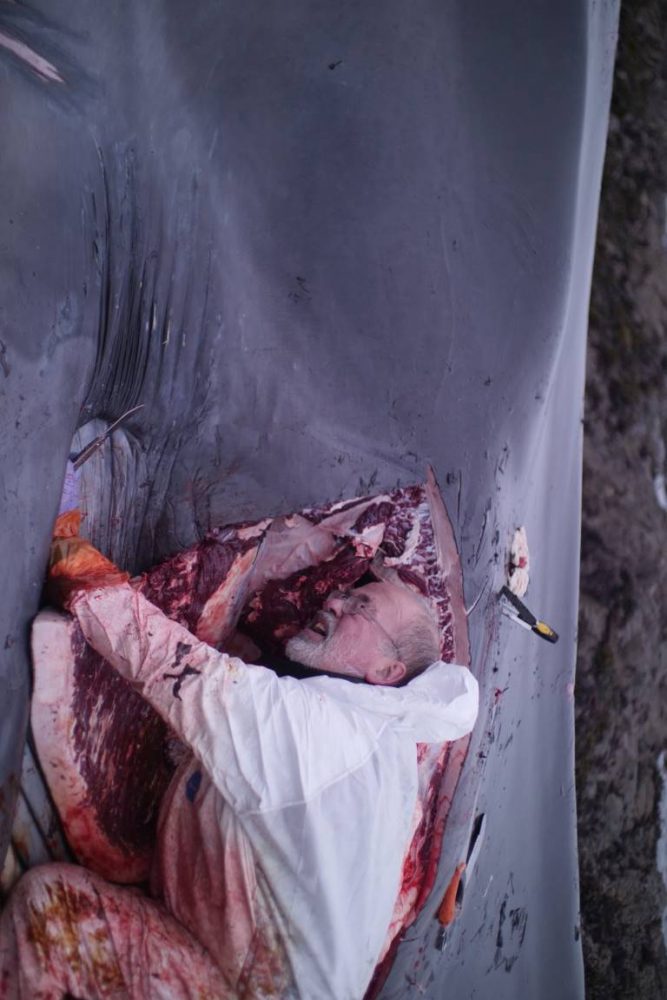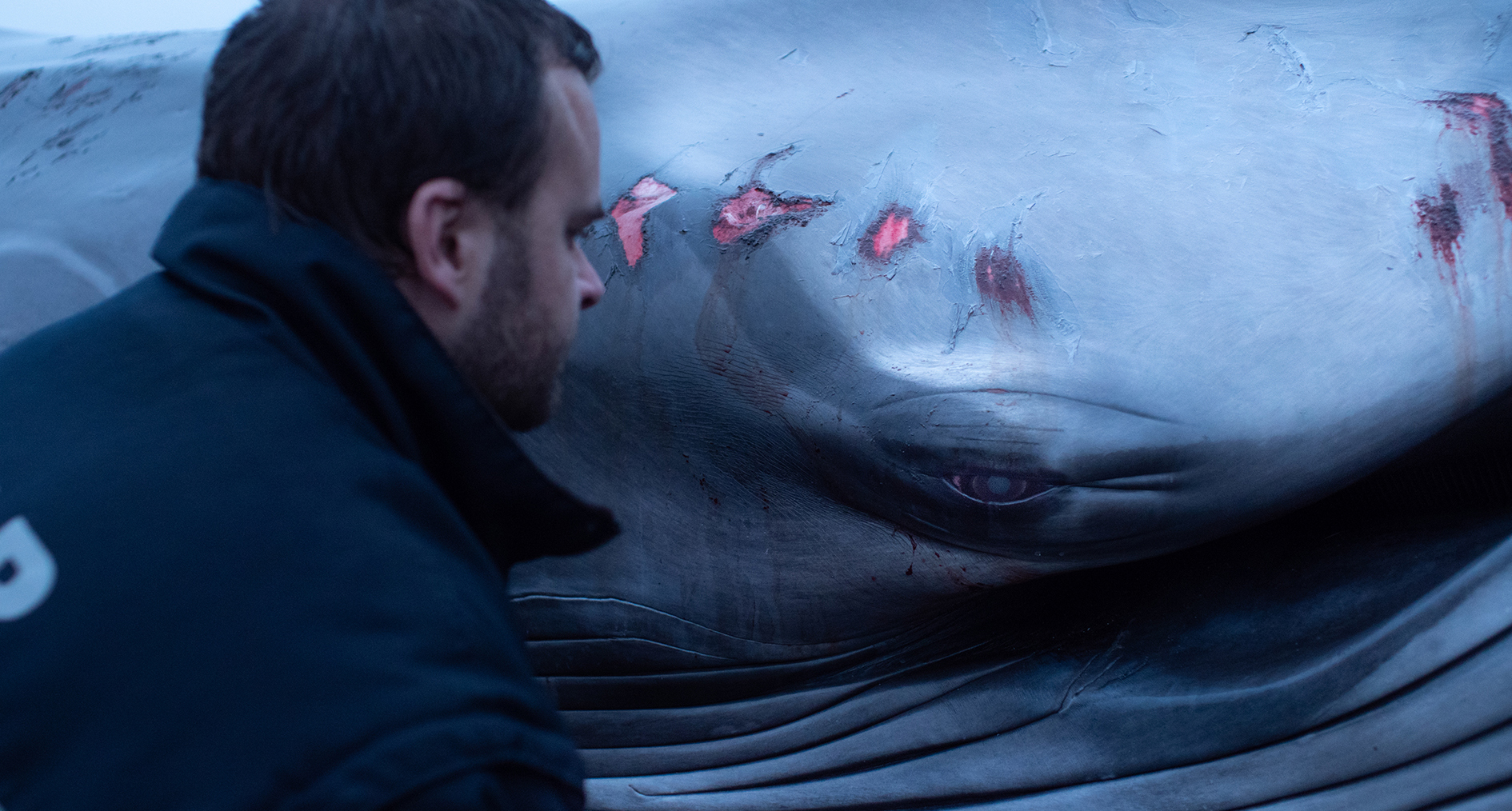From the Wild Sea
A film by Robin Petré
From the Wild Sea
A film by Robin Petré

Synopsis
As the peak of winter draws near, a vast European network of marine animal rescue volunteers are bracing themselves for the rough season. Night and day, all year round, they work tirelessly to rescue coastal wildlife from life-threatening elements: Oil. Plastic. Treacherous conditions. But the worst is ahead. Climate change fuels violent weather across the seas, and the annual winter storms are coming at them with an unprecedented roar. Simultaneously, the wild animals are struggling against their human surroundings with fangs and claws.
FROM THE WILD SEA is a poetic documentary film that zooms in on the complex collision between human and nature. We are taken on a disturbing and fascinating journey into the emerging Anthropocene Era, seen from both the human and animal perspective. As humans attempt to rescue marine creatures, each individual animal looks back at us with inquisitive eyes. Through an intimate visual experience that follows the animals through rehabilitation, we get to see and sense the world we humans have created: Right before our eyes, an estranged and most curious place.
FROM THE WILD SEA paints a sensorial, touching picture of our modern world while exploring how we are all connected in an immense, nuanced system stretching far beyond the human race.
“
“Marine life is under pressure across all of Europe’s seas.”
The European Environment Agency
“
“The health of the ocean will ultimately determine the survival of humankind on Earth.”
Peter Thomson
UN Special Envoy for the Ocean, January 2021
Storyline
FROM THE WILD SEA showcases scenes and situations bound together by the ocean and escalating winter storms. Throughout the film, we oscillate between the perspective of humans and animals.
The geographical focal point is the seas around the British Isles, notably Cornwall, where we meet Dan Jarvis, Welfare Development and Field Support Officer of the British Divers Marine Life Rescue. Dan has devoted his life to the preservation of marine mammals around the coastal area where he lives. This means that he is constantly on call, ready to rush out onto the next rescue. We join Dan in his car, following him through the stunning but rough English winter as one Atlantic storm after another batters the coastline. Dan collaborates with James Barnett, a veterinarian who does research on the animals that don’t make it. Through post-mortem examinations, James reveals the consequences of our industrial impact on marine mammals.

Across the sea from Cornwall, we find Ireland’s only seal rescue facility and organization: A volunteer- based charity that works relentlessly to better the conditions for seals and other marine animals. The seals’ hardships can be traced back to human impact in one way or another: From creatures caught in fishing nets to seals throwing up plastic. The intense fight for the animals’ lives involves long shifts, sometimes stretching far into the blistering cold winter night. As portrayed in the film, these tremendous rescue and rehabilitation efforts stand side by side with a huge international rescue operation to save hundreds of white swans from a major oil spill in Holland.
The whole narrative culminates with the stranding of a 19-metre-long fin whale, the second largest living species on Earth. The hardworking rescuers find themselves belittled by the sheer dimensions of the natural world. At the same time, it becomes evident that the human impact on the environment has no regard for a creature’s size; the tiniest and largest organisms have been made equal.
“
More
plastic
than
fish
In 2050, oceans will contain more plastic than fish. This equates to a filled garbage truck dumping its contents in the ocean every minute of the year. The use of plastics has increased twentyfold in the past 50 years and is expected to double again in the next 20 years at the current rate.
Lorem ipsum dolor sit amet, consectetur adipiscing elit. Ut elit tellus, luctus nec ullamcorper mattis, pulvinar dapibus leo.
Rising
seas
Coastlines are flooding. Why? Because as the planet warms, the sea rises. By pouring heat-trapping gases into the atmosphere, humans have successfully increased the global temperature by 0.8 degree Celsius and raised sea levels by over 20 cm in the past century. Every year, the sea rises another 3.2 mm. Rising sea levels result in devasting effects on coastal habitats, recking precious wildlife for fish, birds, and plants.
Lorem ipsum dolor sit amet, consectetur adipiscing elit. Ut elit tellus, luctus nec ullamcorper mattis, pulvinar dapibus leo.
“
“We have lost our fundamental connection to nature. We think we can manage nature and patchwork solutions to fix the problem, but the problem is us humans – we are the ones that needs to be fixed, we need to restore the connection to nature and see us as part of it. The ocean is the heart of the earth and right now we are breaking our own heart. FROM THE WILD SEA is depicting this disconnection – not to blame or point fingers but to give us hope as a global community.”
ANNE AITTOMAKI
DIRECTOR OF SYSTEMIC CHANGE, PLASTIC CHANGE
“
“Our oceans are in a historic crisis worldwide – climate change, overfishing and the ever-increasing pollution with plastic, pesticides and fertilisers have led to an unprecedented situation in the oceans. The result is massive habitat destruction and drastic species extinction. FROM THE WILD SEA outlines the surrow of the marine environment caused by human interferences and pollution. In order to save marine wildlife, we urgently need a global network of marine protected areas and a radical change of our mindsets.”
Thilo Maack
Greenpeace, Ocean campaigner and marine biologist
From the Wild Sea
A film by Robin Petré




Danish title Fra Det Vilde Hav
Production Country Denmark
Length 52 min / 78 min
Language English
Film locations
Courtown, Ireland/Seal Rescue Ireland
Cornwall, UK/British Divers Marine Life Rescue
Hoek van Holland, the Netherlands
Berlin International Film Festival 2021
Generation 14plus Competition
*World Premiere*
Director Robin Petré
Producer Malene Flindt Pedersen
Cinematographer María Grazia Goya, Robin Petré
Editor Charlotte Munch Bengtsen
Sound Design Thomas Pape
Produced by Hansen & Pedersen
with the support of New Danish Screen
International Sales
Mette Bjerregaard
DR Sales
+45 28542038
mebj@dr.dk
Trailer
“
“It’s not so much a film about the sea, it’s more a film from the sea. As if the sea is speaking to us. This is a topic that desperately needs our attention!”
Robin Petré
DIRECTOR
Want to know more?
Urgent action is needed to save Europe’s marine ecosystems. Our oceans face increased threats from overexploitation, pollution and climate change. According to the European Environment Agency’s report on Europe’s marine ecosystems, we are running out of time to reverse decades of neglect and misuse.
Oceans are suffering from human interference. Our use of the seas are influencing species of animals and plants and changing the water itself, making it warmer and more acidic. The combined effects of these changes are currently on a path which could cause irreversible damage to these ecosystems.
Source; European Environmental Agency, February 2021
Climate change poses a serious threat to life in our seas. Ocean warming and acidification is bleaching and killing coral reefs and eroding shell-building organisms. Rising ocean temperatures means animals living on sea ice are losing their habitats. The warming changes how and where species live and negatively affect their reproduction.
The warming seas force many species of animals to move and migrate. This causes problems with invasive species and also reduces growth and size in many populations of fish. Ocean warming combined with nutrient runoff also impact how much oxygen are in the oceans, which have already gone down by 2% from 1950 to 2010.
The ocean plays an incredibly important role in mitigating the effects of climate change through its absorption of heat and CO2. This alone makes the healthy functioning of the ocean’s ecosystems critical to all humans.
Source; UN, IPCC, 2019
More than 40% of amphibian species, almost 33% of reef-forming corals and more than a third of all marine mammals are threatened with extinction.
Source; UN, IPBES, 2019
In 2015, a third of all fish in our oceans were being caught at unsustainable levels; 60 % were fished to the limit of sustainability, with just 7% fished at below sustainable levels.
UN, IPBES, 2019
Between 1990 and 2014 the UK CSIP recorded over 12.000 strandings of whales. The most common cause of death (699) in strandings were bycatch and entanglement in fishing equipment. The third most common cause of death (482) were live strandings, where whales die on the beach. In 2017 a record 1010 whales stranded in the UK – up more than 53 % compared to the previous four years.
https://ukstrandings.org, 2021
Cetacean strandings (CS) – or whale beachings as they are often called – have been reported in increasing numbers in coastal areas worldwide. Although the causes of these strandings are unknown, a number of human and environmental factors have been suggested. Increased monitoring and long term surveillance of whales and strandings are needed, if we are to understand the extent of the problem.
Nature, 2020
Between 1,3 and 2,6 billion litres of oil enter the ocean every year. Most of it from human use or consumption. Oil spills and leaks account for around 10 percent. Oil destroys the insulating abilities of mammals with fur like seals and the water repellency of bird’s feathers, causing the animals to freeze to death. Crude oil and petroleum products are also toxic. Dolphins and whales inhale oil while fish and shellfish ingest it. Research has shown that oil spills have long term immunological effects on dolphins and their offspring.
NOAA and the National Research Council, 2021
Ocean plastic pollution has increased tenfold since 1980, affecting at least 267 species, including 86% of marine turtles, 44 % of seabirds and 43 % of marine mammals.
UN, IPBES, 2019